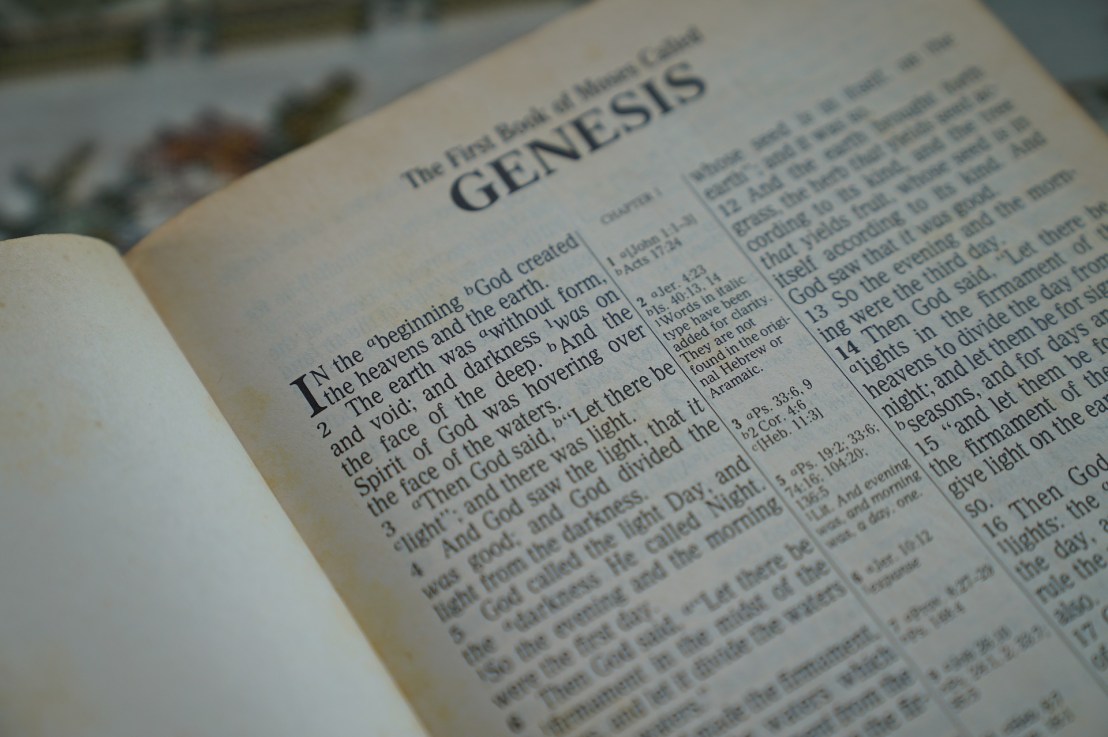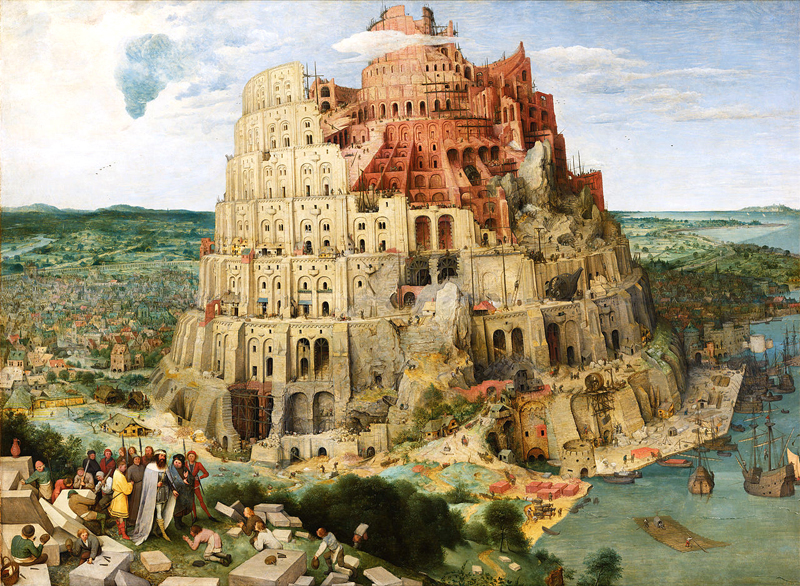Hebrews 4:12-16 New Revised Standard Version
12 Indeed, the word of God is living and active, sharper than any two-edged sword, piercing until it divides soul from spirit, joints from marrow; it is able to judge the thoughts and intentions of the heart. 13 And before him no creature is hidden, but all are naked and laid bare to the eyes of the one to whom we must render an account.
14 Since, then, we have a great high priest who has passed through the heavens, Jesus, the Son of God, let us hold fast to our confession. 15 For we do not have a high priest who is unable to sympathize with our weaknesses, but we have one who in every respect has been tested as we are, yet without sin. 16 Let us therefore approach the throne of grace with boldness, so that we may receive mercy and find grace to help in time of need.
***************************
Jesper Svartvik writes in a critical essay published in the Christian Century that the Book of Hebrews is the most dangerous book in the New Testament for Jews. That danger is due to the way in which it has been used down through time to elevate Christianity at the expense of Judaism, whose covenant relationship is said to be obsolete. When read this way, Hebrews suggests that a superior covenant is now in place. That which is obsolete is of little or no value. Thus, Judaism has been placed on the dust heap of history. God has moved on to Christianity. This message of obsolescence and Christian superiority serves as the foundation for supersessionism and it has given rise to all manner of anti-Jewish efforts down through history, culminating in the Holocaust/Shoah. So if we do not wish to embrace supersessionism but wish to profitably read, teach, and preach from this book it does seem that we will need to tread carefully.
This reading from Hebrews 4 that has been chosen for the Twentieth Sunday after Pentecost appears to be less susceptible to supersessionism, but we will need to keep a close eye on how we interpret and use this passage. What we do see here is an elevated view of Jesus’ personhood. He is the “great high priest who has passed through the heavens” who can sympathize with our weaknesses since he too has been tested but without sinning. Therefore, we can go before the throne of grace with boldness so we can receive God’s grace and mercy. While the second part of the reading speaks directly to the ministry of Jesus, our high priest, the first part can be read in this way as well. Though it has often been read in reference to the Bible, I’m not sure that this is the most appropriate reading.
In the first paragraph, we read that the “word of God is living and active,” and it judges our thoughts and the intentions of our hearts. Thus, we stand naked before this word, so that we are laid bare before the one who judges us. The message here is that we can’t hide from God. God sees us as we are, that can be a bit scary if you ask me. I like to pretend that I can hide from God’s eyes, though I know I can’t. That’s the first message, but the second one offers a bit of relief from the rather scary message present in the first paragraph. You see, Jesus is our high priest who understands our predicament. He’s been tested also even though he didn’t give in to the temptations we all face as human beings. Nevertheless, he understands!
The passage that the lectionary offers us is relatively brief. It’s just five verses. Though it is brief it does pack a lot into these sentences. As I noted above, the reading begins with a statement concerning the word of God, which “is living and active, sharper than any two-edged sword.” While I have often seen this used to speak of the Bible—and it could speak of Scripture (at least the Old Testament)—I believe it might be better read in reference to Jesus, who according to John 1 is the word of God (Jn 1:1-14).
Now, reading Scripture can open our hearts and minds to challenging messages that may have the feel of a sword piercing into our inner being, so that we are laid naked before God. We call that being convicted by the message of Scripture. However, when read in the larger context, it seems to me that the author of Hebrews has in mind something like what John speaks of in chapter one of the Gospel. When read this way, the reference to the word of God takes on life in the person of Jesus. It becomes not just words on a page but a living and active person. In his words and his actions, he becomes that two-edged sword that cuts to the quick. While Hebrews uses the word sword here, might a scalpel be an even better image? In either case, this sharp instrument divides soul and spirit and judges the “thoughts and intentions of the heart.” No matter how hard you try, you cannot hide from him. In fact, we are all “naked and laid bare to the eyes of the one to whom we must render an account.”
As we ponder this word, we might think back to the Garden. Although in the beginning Adam and Eve were naked and unashamed (Genesis 2:25), once sin opened their eyes to their situation, they realized they were naked so when God came to the Garden they hid (Gen 3:8-10). Now in Genesis 3, when God entered the Garden, it appears that not only did they hide, but God couldn’t see them. That’s not the case here. No matter how hard we try, we can’t hide from the word of God (Jesus) who as our judge cuts to the quick.
Yes, God sees. In fact, Hagar discovered that truth after she was exiled from the household of Abraham and Sarah. When God came looking for her after she cried out for help, she gave God the name “El-Roi,” which means “God sees” (Genesis16:7-13). Adam and Eve tried to hide from the eyes of God, but Hagar welcomed God’s eyes. That’s because God saw her predicament and responded. So, as Jennifer Kaalund writes, “Like Hagar, the audience of this homily is experiencing trials that are testing their faith. God sees and responds. Recognizing the God sees us should not be met solely with fear and trepidation. One should also have a sense of eager anticipation, knowing that the God who sees is also the God who reveals Godself and responds with mercy and grace” [Connections, p. 382].
While judgment is the message of the first paragraph in this brief reading, grace and mercy is the message that comes through in the second paragraph. The word of God may be sharper than a two-edged sword cutting between joint and marrow so that everything is laid bare before God, but when Jesus acts as High Priest and intercedes on our behalf the result is grace and mercy. The author makes a comparison here to the Temple system in which priests offer sacrifices and prayers on behalf of the people. The difference, according to Hebrews (and where the danger of supersessionism lurks) is that Jesus both understands our situation because he was tested like us, but at the same time he did not sin. He understands but didn’t give in. The same can’t be said for us or the Temple priests. Nevertheless, an offering is made that allows us to go before the throne of God to seek God’s forgiveness. We can do this boldly because of Jesus’ priestly intercessions. The result is grace and mercy. In other words, God invites us to speak openly and honestly about whatever is on our minds and hearts. We don’t have to hold back. After all, God already can see us warts and all. As a result, we will receive mercy from God and the grace that we need in our time of need. For the original recipients, who appear to be struggling against stiff opposition this is good news. They are not alone. They have a priest who not only understands their situation but is ready to go to bat for them. The same can be true for us. We can go boldly before the throne of God because we have a high priest who is ready to stand with us, even as he lays us bare before God.










